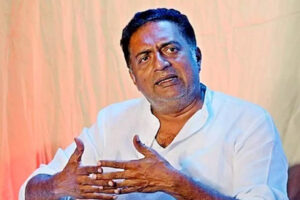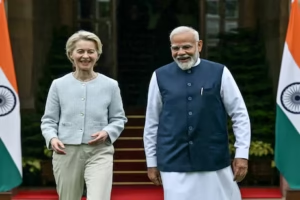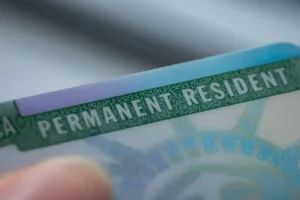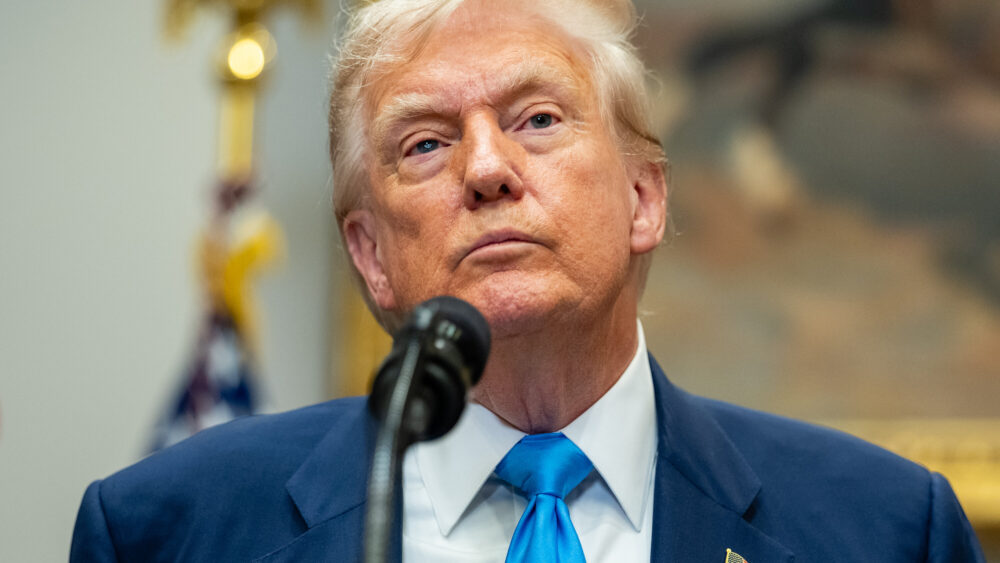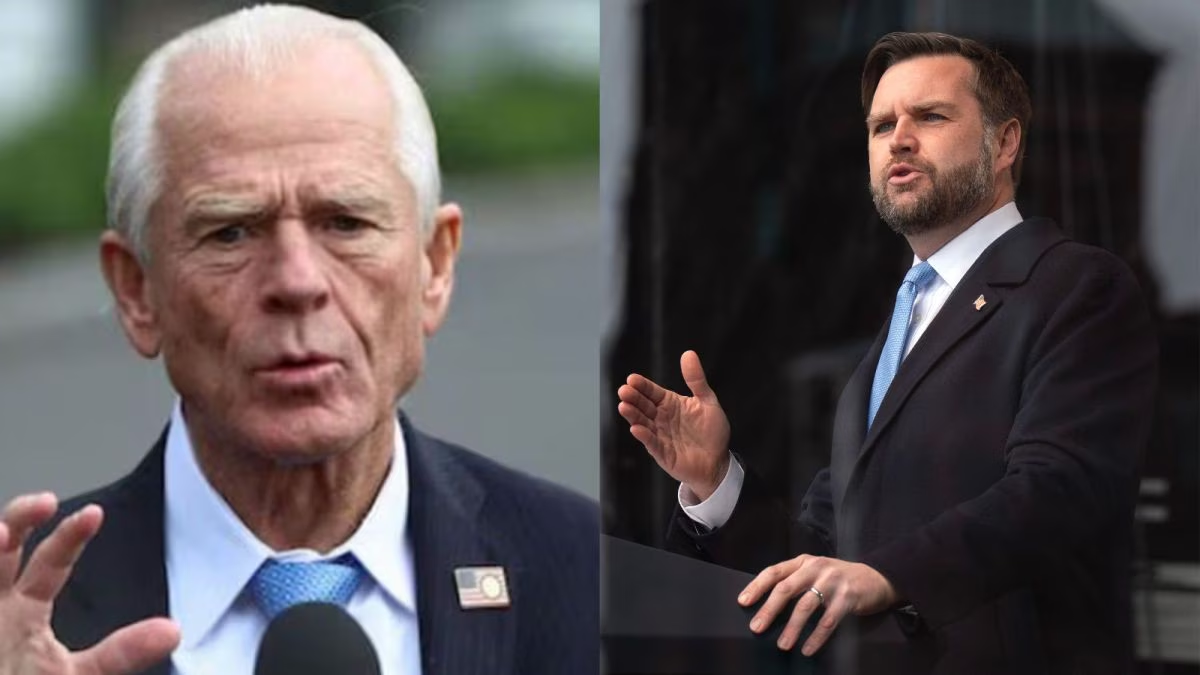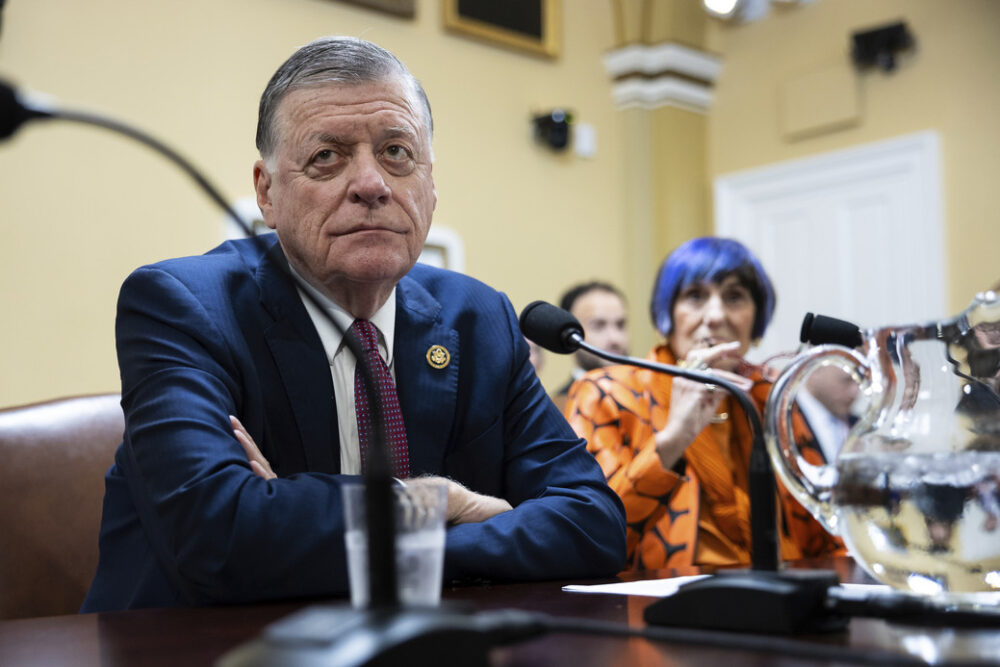The 2025 New York City mayoral election has evolved into a significant political battleground, with former President Donald Trump playing a pivotal role in shaping the dynamics of the race. Trump’s involvement is evident regardless of which candidate emerges victorious. His influence looms large, with the potential winner facing ongoing challenges tied to the former president’s stance and policies.
For Democratic Socialist candidate Zohran Mamdani, who leads in the polls, Trump’s opposition frames much of the campaign narrative. Trump has labeled Mamdani a “communist” and threatened to reduce or cut federal funding to the city if Mamdani wins, escalating tensions further by suggesting the possibility of deploying the National Guard, similar to actions taken in other Democratic-led cities.
Meanwhile, Andrew Cuomo, the former governor and now an independent candidate after losing the Democratic primary to Mamdani, adopts a different approach. Cuomo positions himself as someone with enough experience and political ties to negotiate and manage interactions with Trump, asserting that his familiarity could be an advantage in navigating the complexities of federal-city relations under Trump’s watchful eye.
The current mayor, Eric Adams, who recently ended his re-election bid amid growing pressures, including those from Trump supporters, adds to the complex political landscape. Adams’ withdrawal has shifted the race, intensifying the focus on Mamdani and Cuomo, with Republican candidate Curtis Sliwa remaining a distant contender.
Voters in New York City are deeply concerned about escalating living costs, especially rent and childcare, issues central to Mamdani’s campaign. He proposes frozen rents and free city bus services, funded by increased corporate and wealth taxes. Cuomo criticizes these proposals, highlighting concerns about financial feasibility and advocating for experienced leadership grounded in his history as a former U.S. housing secretary.
Polls reveal a divided electorate, with a significant portion desiring a mayor who confronts Trump head-on, reflecting broader national political tensions. Many Democrats support a more adversarial stance against Trump, while others believe cooperation might yield more pragmatic results. Mamdani’s confrontational posture resonates with voters who seek bold change, contrasting with Cuomo’s more measured, diplomatic tone.
Overall, Trump’s shadow over the New York mayoral race underscores the heightened stakes, marking the election as more than just a local contest but a frontline of ongoing national political battles.





